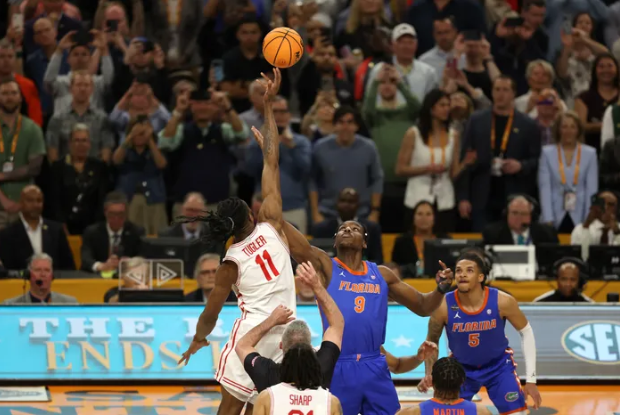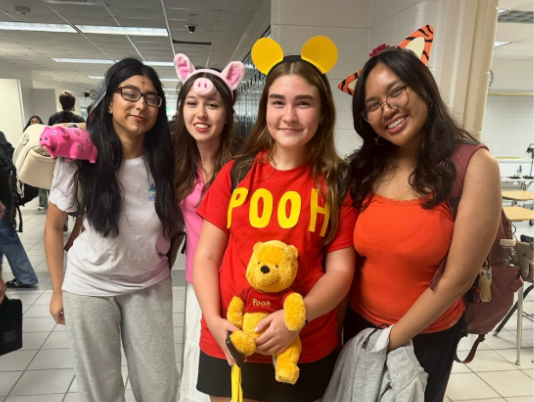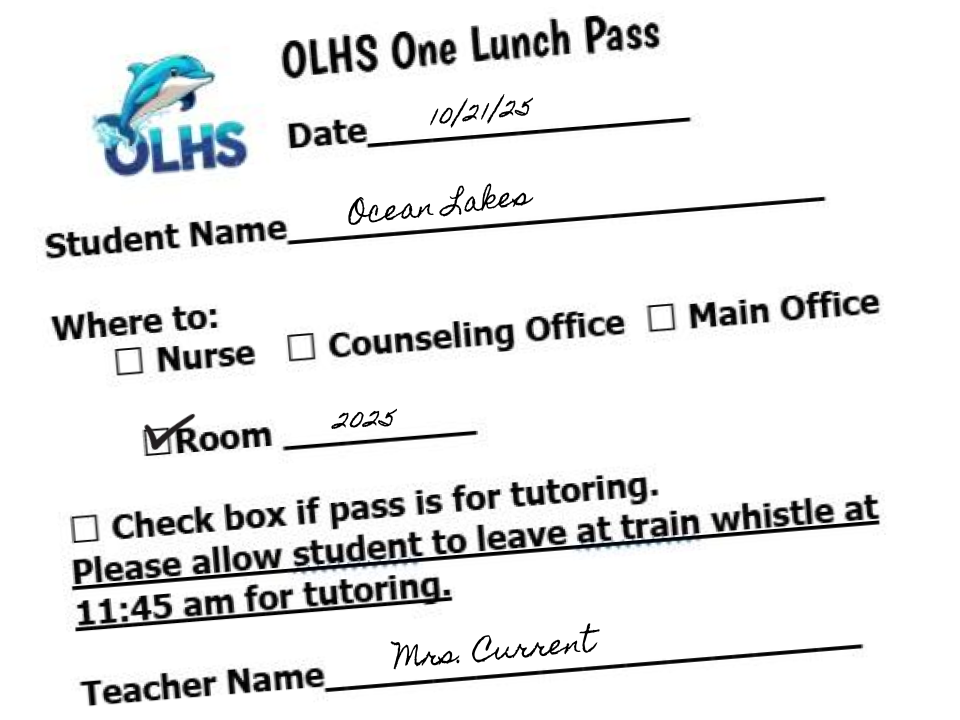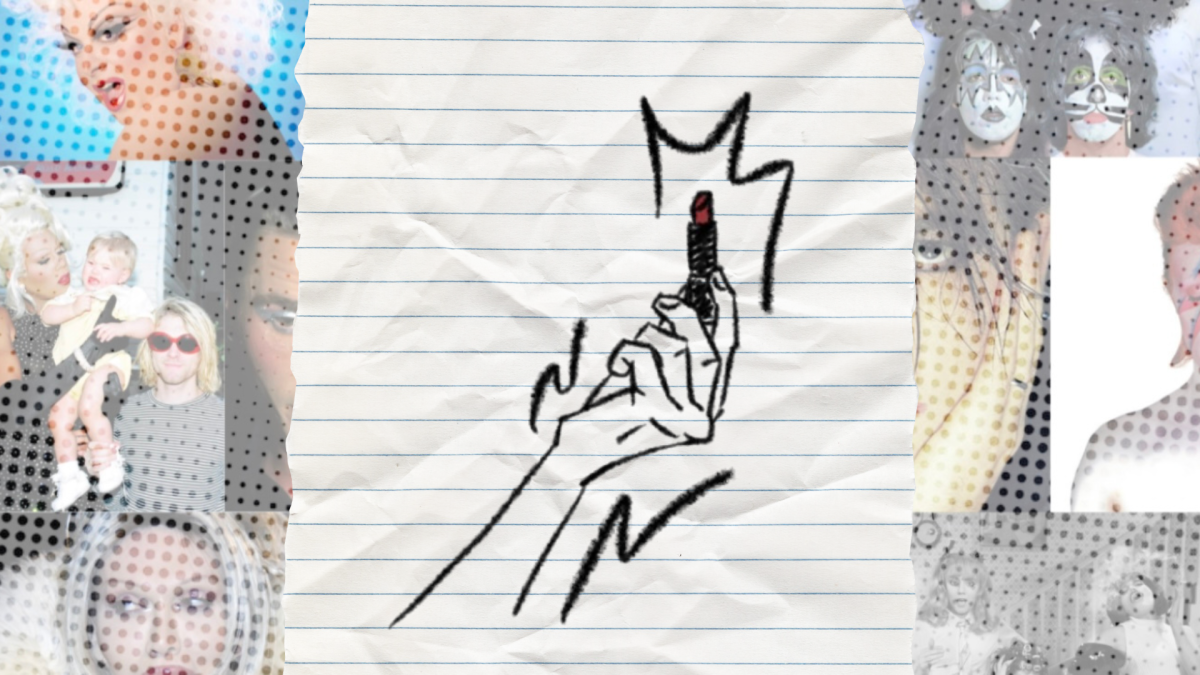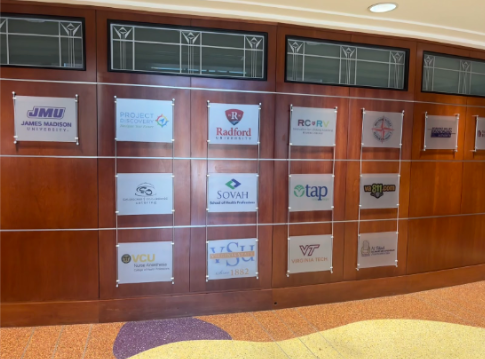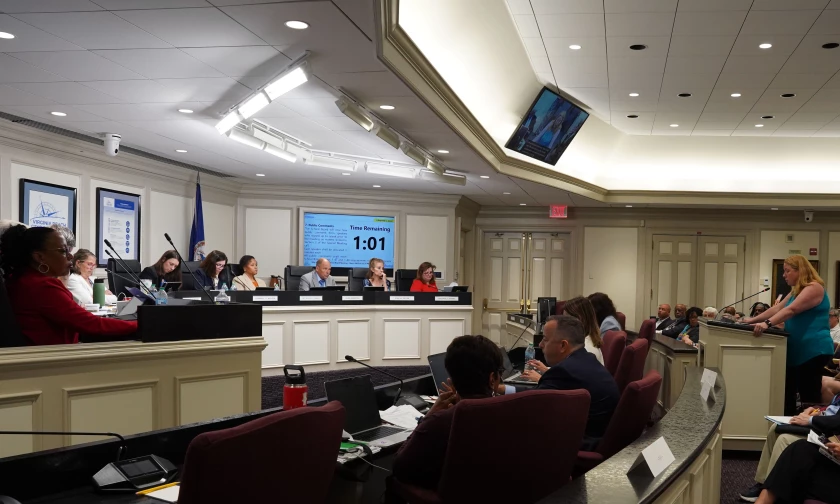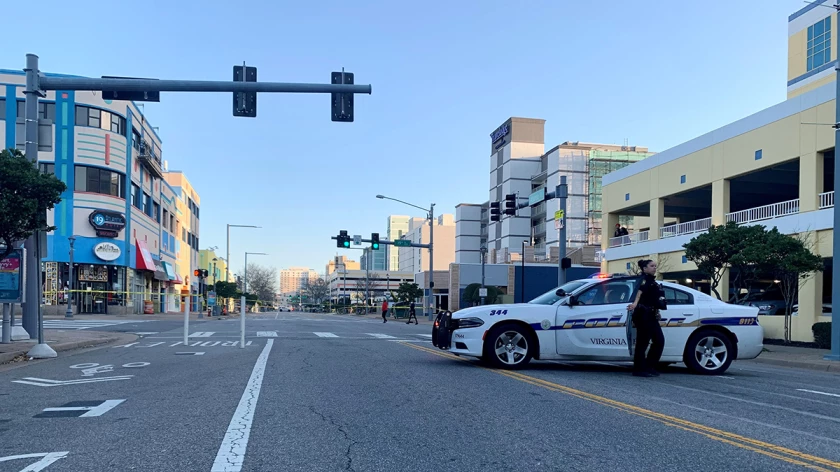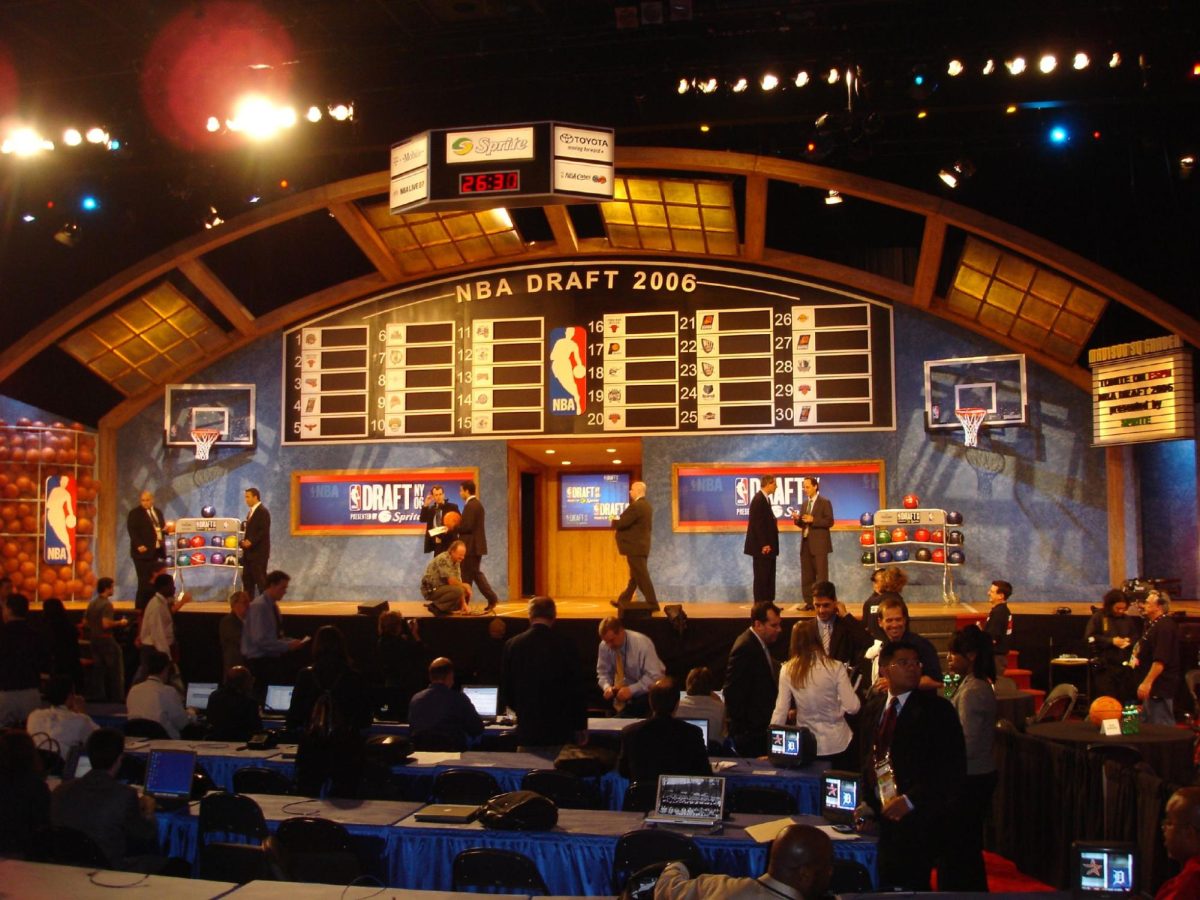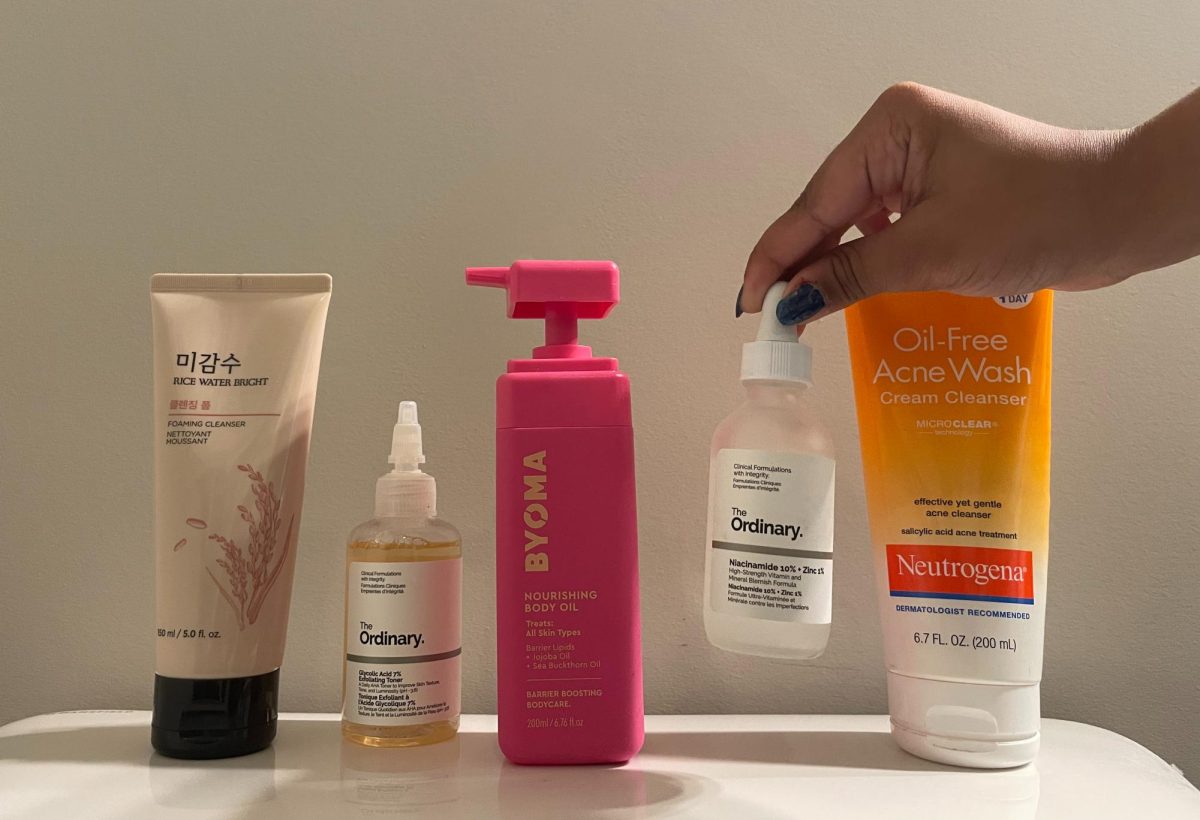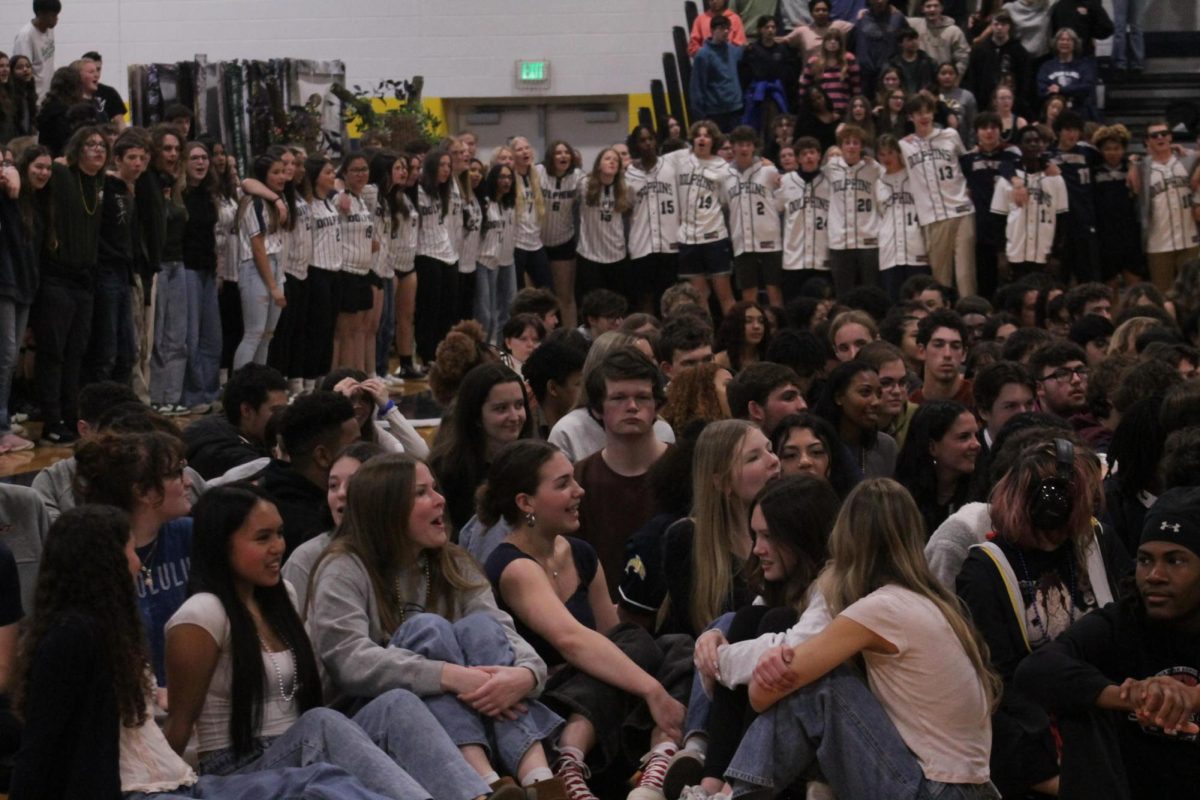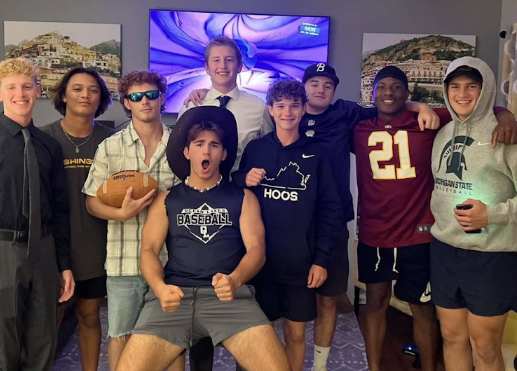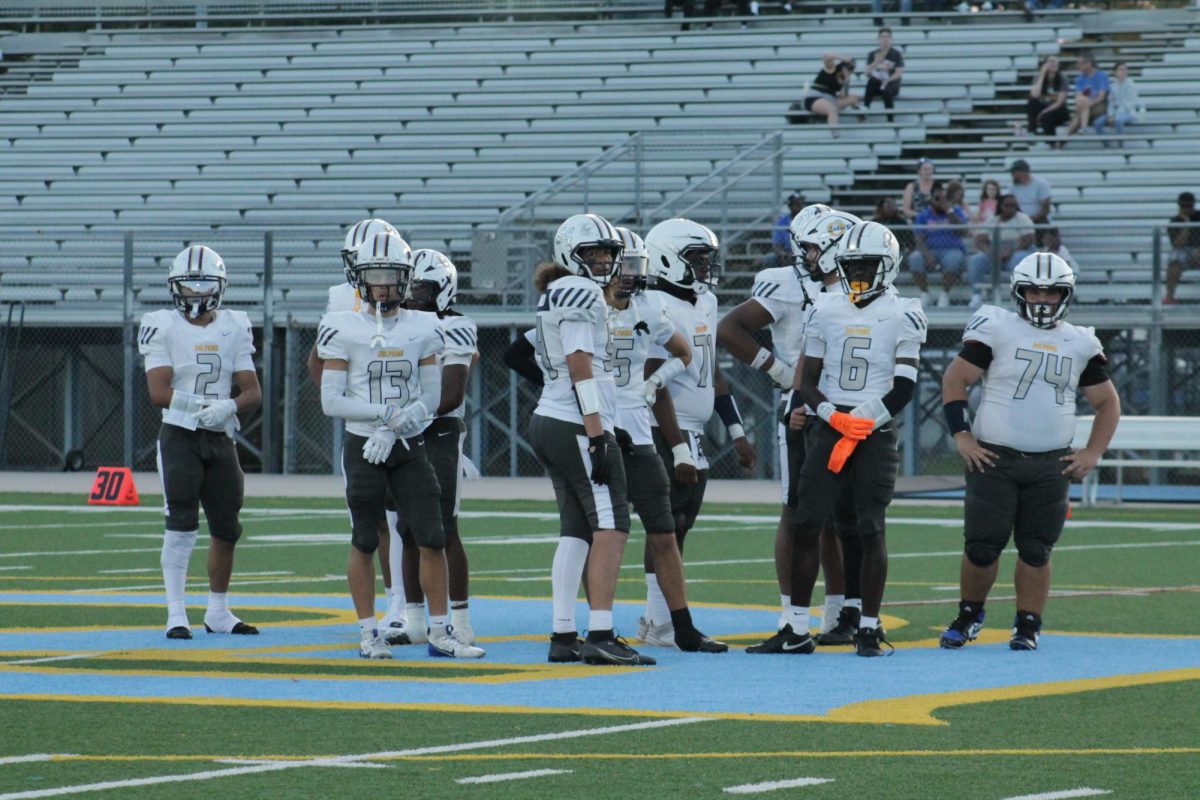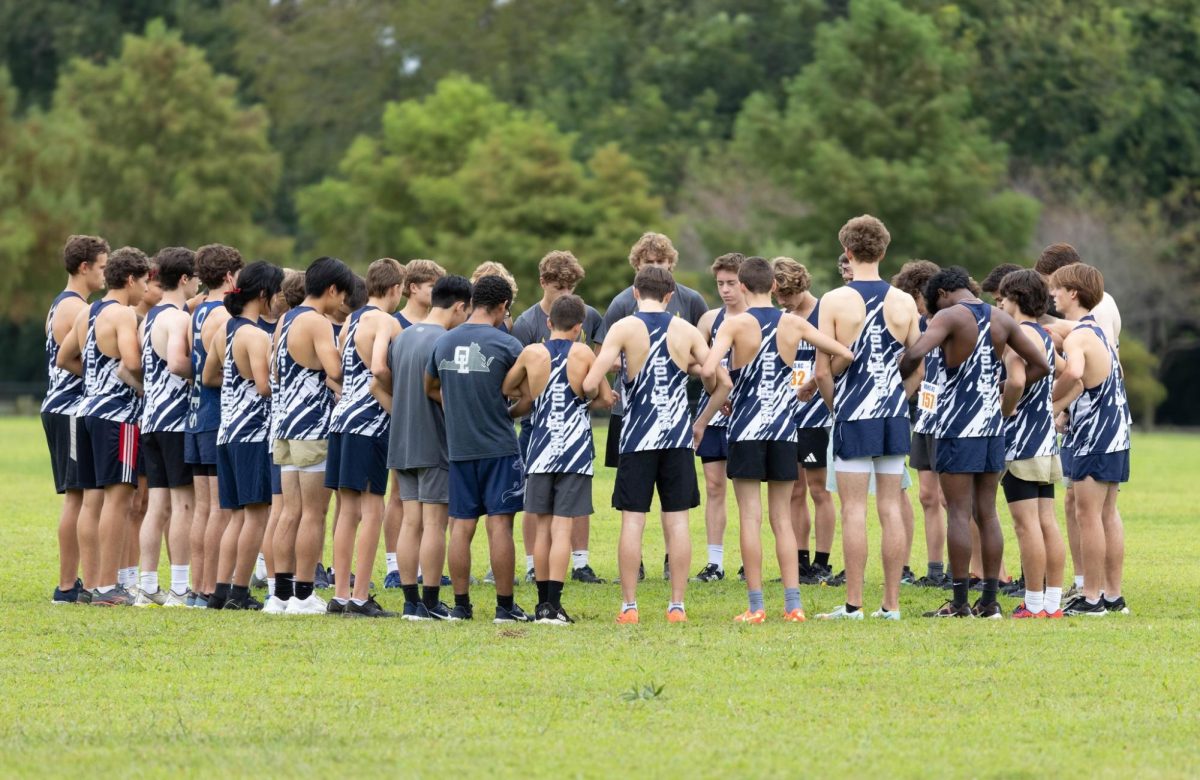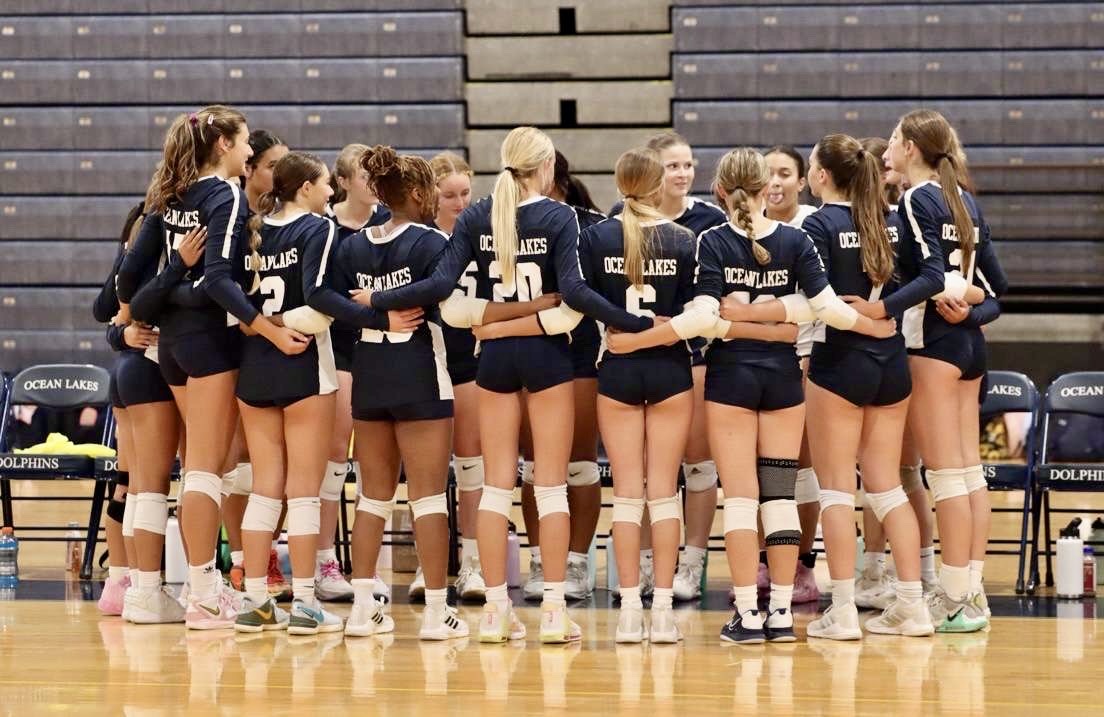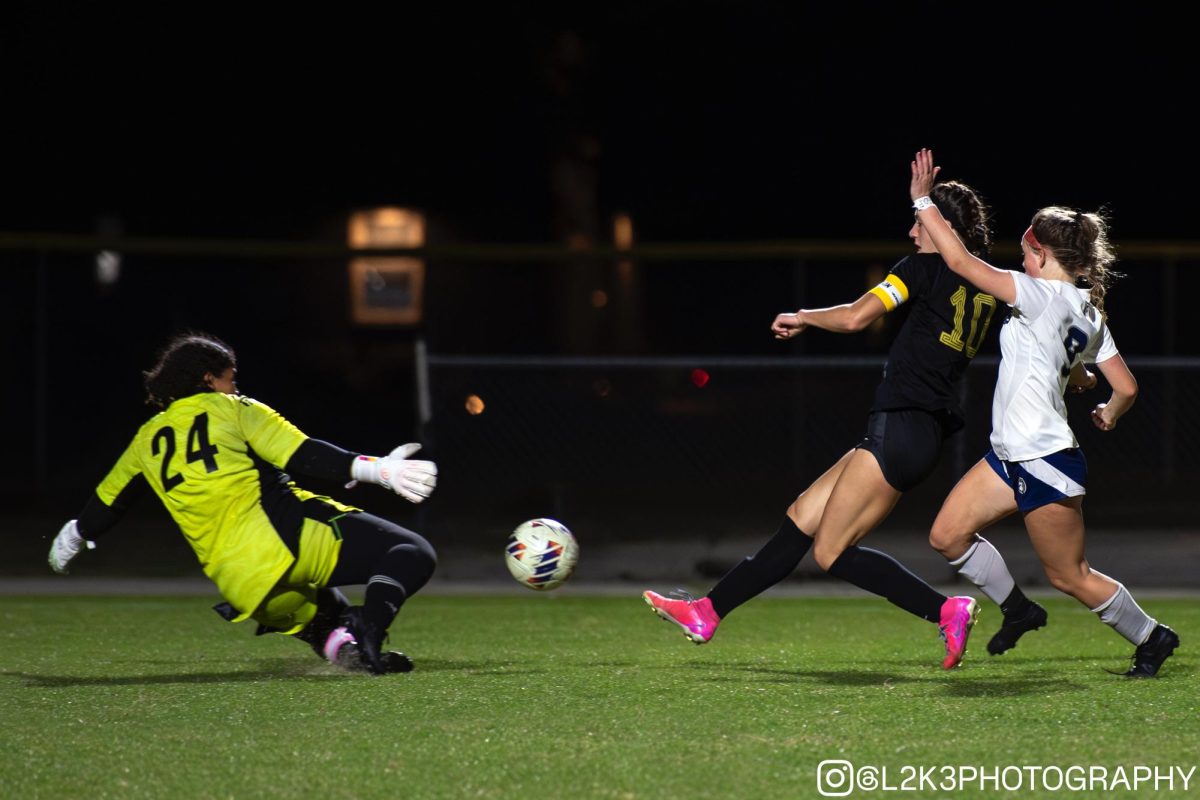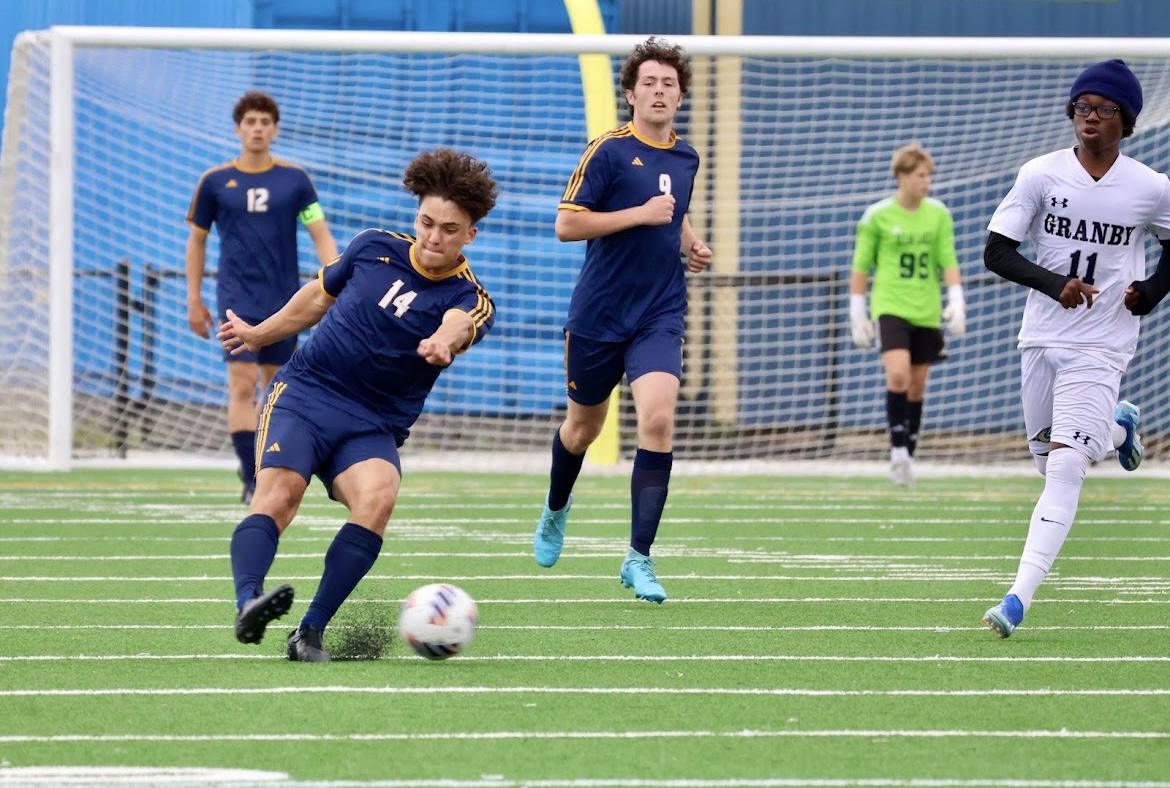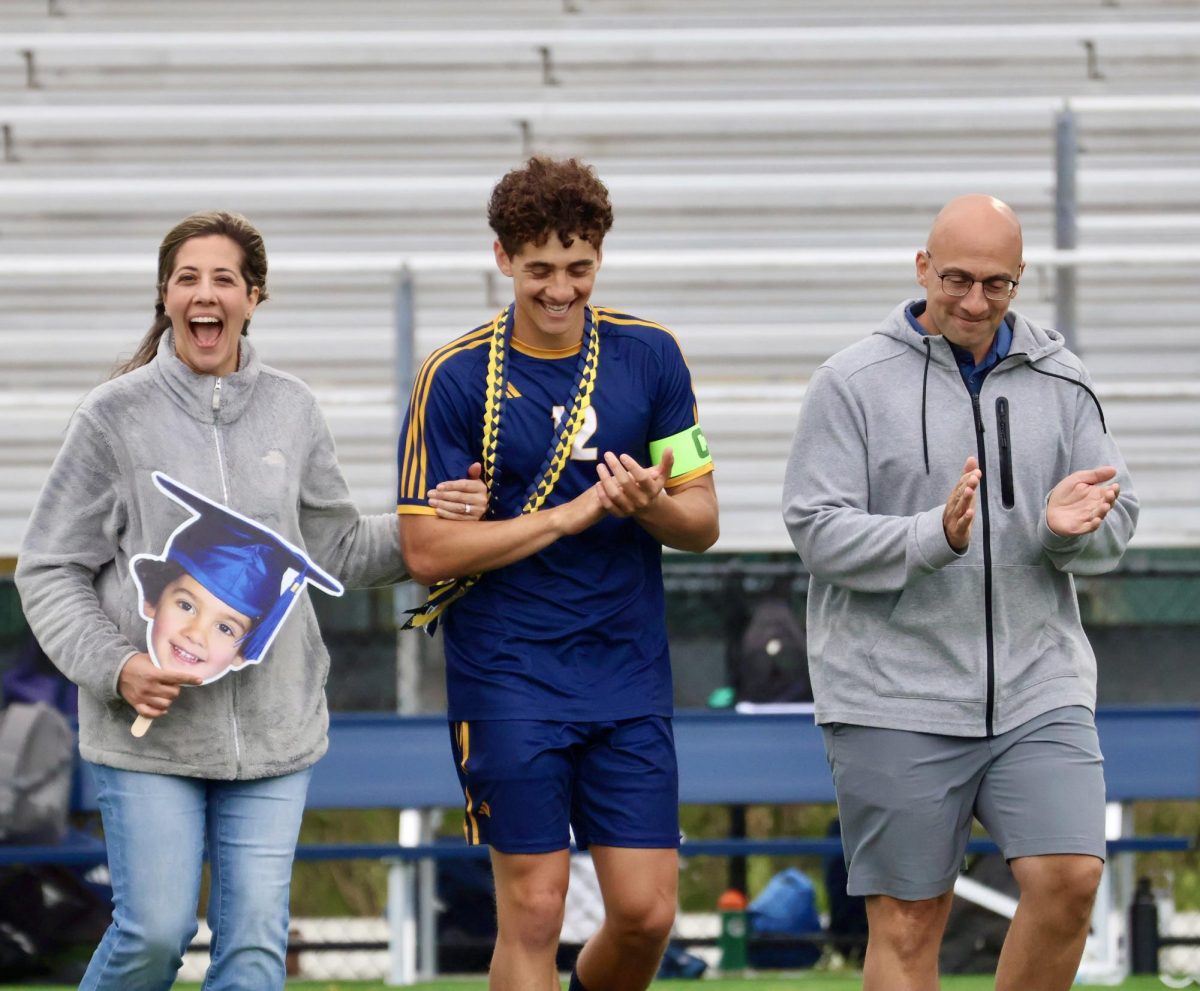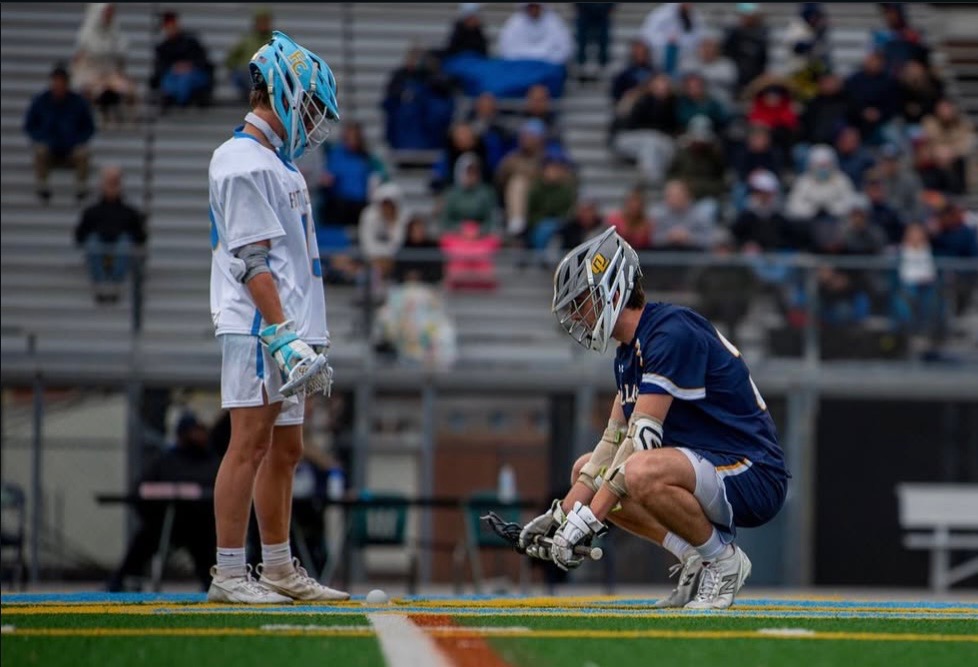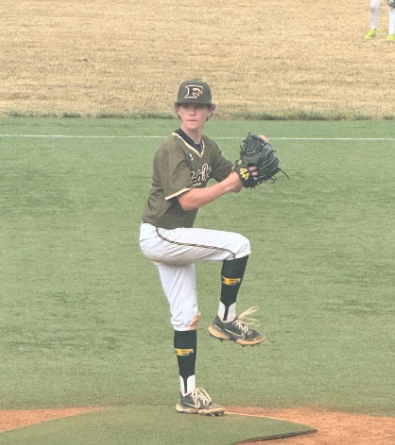Although exciting, March Madness was extremely chalky this year and frustrating for many fans. All four number-one seeds made the Final Four, something that has not happened since 2008.
The statistics do not lie. The lowest-seeded team to make the Sweet 16 was Arkansas, a 10 seed, and they lost. The lowest seed to win a game was a 12. If one were to add up the seeds of the teams in the Elite 8, it would equal 13, tying a record-low.
Almost 75% of favorites throughout the tournament won, according to Sports Illustrated. As a whole, March Madness is known for being one of the most unpredictable and wild tournaments in sports, so that made this year’s tournament that much more anticlimactic.
Fans are upset with this year’s March Madness as well, including students here at Ocean Lakes.
“The tournament was very chalky, and it was disappointing to not see a ton of upsets,” sophomore Marshall Shoemaker said.
Many sports analysts and articles point to Name, Image and Likeness (NIL) within basketball and other collegiate sports among other issues being the cause for this. According to Oregon State Bar, on July 1, 2021, student-athletes could “(a) profit from their own NIL through endorsement agreements and business ventures and (b) hire professional representation to facilitate such activity.”
From recruiting to social media to advertisements and shoe deals, college sports has turned on its head. Duke basketball superstar Cooper Flagg made $4.8 million this year in NIL deals, which is more than many professional athletes. Due to his 19.2 point and 7.5 rebound average as a freshman, Flagg has unsurprisingly entered the NBA Draft to be a lottery pick. However, some athletes who may be drafted lower look to stay in college as they profit more from NIL than from a measly rookie contract.
“NIL has definitely changed the game,” Marshall said. “I don’t really like it. I feel like it ruins the fun and unpredictability of college basketball.”
Although NIL is very beneficial for athletes earning money in college to support their families, it has created a strict business environment and defeated some of the magic of college basketball. Upsets are less common, players who once made their name by playing for a smaller school now just transfer to bigger schools to make millions, and the teams with the most money rule the sport. Whether it’s a salary cap, reduced funding for bigger universities or a complete ban, NIL has created a mess in college sports, and something needs to be done. Get it together, NCAA.

